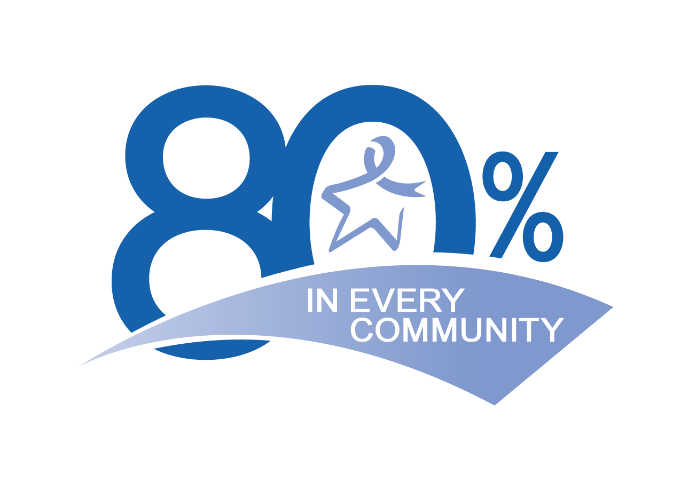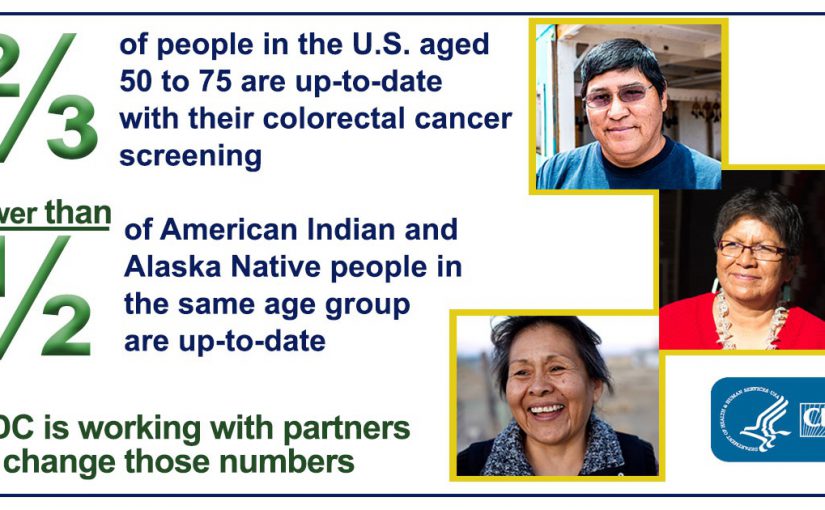Category: Colorectal (Colon) Cancer
45 Is the New 50 for Colorectal Cancer Screening

You may have heard by now that the new recommended age to start colorectal cancer screening has been lowered from age 50 to 45. When we started to think about messaging around this age change, we jokingly threw out phrases like, “You now get to be screened for colorectal cancer even earlier, starting at age 45—lucky you!” We know colorectal cancer screening isn’t anyone’s idea of a fun afternoon, regardless of which test option you use. Read More >
Posted on by 4 CommentsFive Things to Know about Colorectal Cancer Screening

Colorectal cancer is the #2 cancer killer of both men and women in the US. Here are five things to know about colorectal cancer screening. Read More >
Posted on by 2 CommentsA Big Anniversary for Screen for Life!

"One day soon, I hope this campaign and others like it can fade away, as colorectal cancer screening becomes the norm for everyone. As we say, ‘No more excuses, folks!’ Screening really does save lives.” Read More >
Posted on by 1 CommentNational Colorectal Cancer Roundtable: 80% in Every Community

“In 2015, working with CDC’s Colorectal Cancer Control Program became deeply personal when my sister-in-law died of colorectal cancer. Jan was age 56 when she died and she had been diagnosed with stage 4 colorectal cancer two years earlier. Like millions of people age 50 to 74 years, Jan had never been screened for colorectal cancer; in fact, she was in the age group (50 to 54 years) with the lowest U.S. rate of screening. Her colorectal cancer could have been prevented or detected early, when treatment is more effective. Jan could have been alive today.” Read More >
Posted on by 1 CommentA Matter of Trust: Colorectal Cancer Screening among Native Americans

Fewer than half of American Indian and Alaska Native people are current with colorectal cancer screening. CDC partners with Indian Health Service and Tribally-run clinics to get more native American men and women screened. Partnership helps us reach out in ways that respect customs and culture and create trust. Read More >
Posted on by 2 Comments
